
Serene Sands of Plage de Papani
Plage de Papani, nestled on the idyllic island of Mayotte in the Indian Ocean, is a hidden gem waiting to be discovered. This pristine beach is a paradise for those seeking tranquility and natural beauty. With its soft, golden sands and crystal-clear waters, Plage de Papani offers a perfect escape from the hustle and bustle of everyday life. The beach is surrounded by lush greenery and coconut palms, providing ample shade and a picturesque backdrop. The calm, shallow waters are ideal for swimming and snorkeling, making it a great spot for families and water sports enthusiasts alike. The vibrant coral reefs just off the shore are teeming with marine life, offering an unforgettable underwater experience. Visitors can also enjoy leisurely walks along the shore, collecting unique shells and soaking in the serene atmosphere. The beach is relatively uncrowded, allowing you to unwind and relax in a peaceful setting. Local vendors occasionally set up stalls, offering fresh coconuts and other tropical treats, adding to the authentic island experience.
Local tips in Plage de Papani
- Visit during weekdays for a quieter experience, as weekends can attract more locals.
- Bring your own snorkeling gear to explore the vibrant underwater world.
- Use reef-safe sunscreen to protect the fragile marine ecosystem.
- Pack a picnic as there are limited dining options nearby.
- Stay hydrated and bring plenty of water, especially on hot days.
Serene Sands of Plage de Papani
Plage de Papani, nestled on the idyllic island of Mayotte in the Indian Ocean, is a hidden gem waiting to be discovered. This pristine beach is a paradise for those seeking tranquility and natural beauty. With its soft, golden sands and crystal-clear waters, Plage de Papani offers a perfect escape from the hustle and bustle of everyday life. The beach is surrounded by lush greenery and coconut palms, providing ample shade and a picturesque backdrop. The calm, shallow waters are ideal for swimming and snorkeling, making it a great spot for families and water sports enthusiasts alike. The vibrant coral reefs just off the shore are teeming with marine life, offering an unforgettable underwater experience. Visitors can also enjoy leisurely walks along the shore, collecting unique shells and soaking in the serene atmosphere. The beach is relatively uncrowded, allowing you to unwind and relax in a peaceful setting. Local vendors occasionally set up stalls, offering fresh coconuts and other tropical treats, adding to the authentic island experience.
When is the best time to go to Plage de Papani?
Iconic landmarks you can’t miss
Pointe Mahabou
Explore the breathtaking hiking trails and rich biodiversity of Pointe Mahabou, a nature lover's paradise in Mamoudzou, Mayotte.
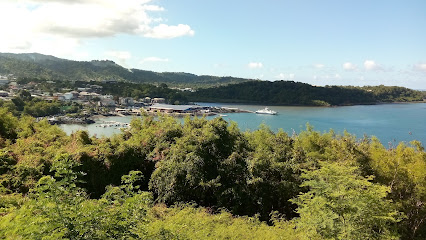
Plage De Tanaraki
Experience the tranquil charm of Plage De Tanaraki, a hidden gem in Mayotte, where pristine beaches and vibrant marine life await your discovery.
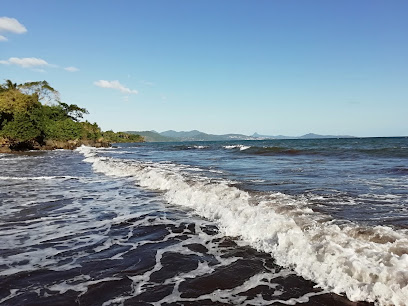
Plage du Faré
Experience the unspoiled beauty of Plage du Faré, a serene beach destination in Mayotte perfect for relaxation, snorkeling, and breathtaking sunsets.
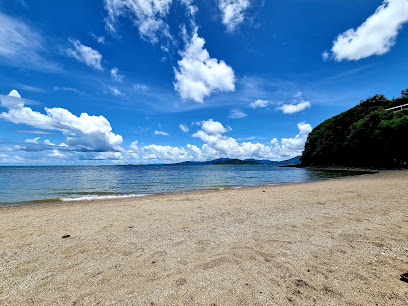
Plage de Moya 1
Discover the serene beauty of Plage de Moya in Mayotte, where crystal-clear waters meet soft sands for the perfect beach getaway.
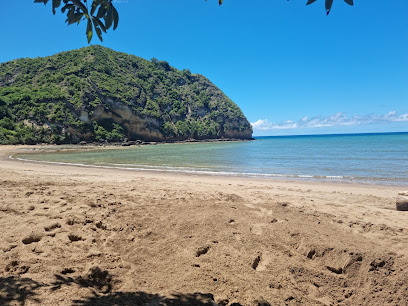
Plage de Sakouli
Experience the breathtaking beauty of Plage de Sakouli, a serene beach in Mayotte ideal for relaxation, snorkeling, and enjoying picturesque sunsets.
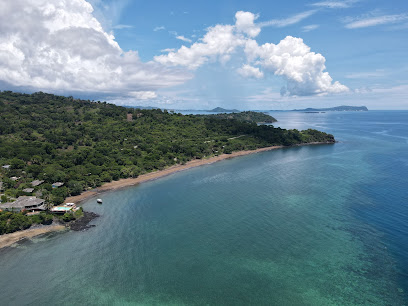
Plage de Petite Moya
Experience the tranquility of Plage de Petite Moya, a hidden gem in Mayotte with soft sands, clear waters, and vibrant marine life.
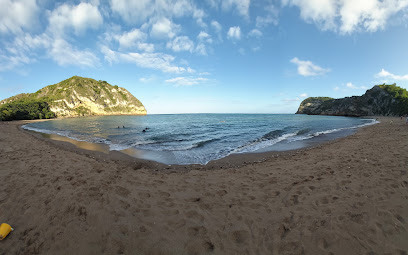
Tsingoni Plage
Explore Tsingoni Plage, a tranquil beach paradise in Mayotte, known for its stunning views, crystal-clear waters, and vibrant local culture.
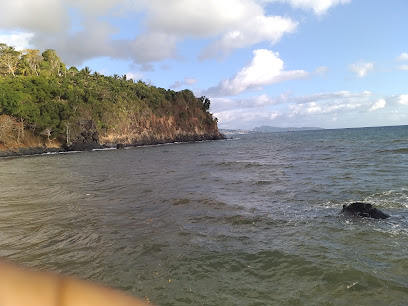
Plage de Zidakani
Discover the pristine beauty of Plage de Zidakani, a serene beach in Mayotte offering crystal-clear waters and a tranquil escape for travelers.
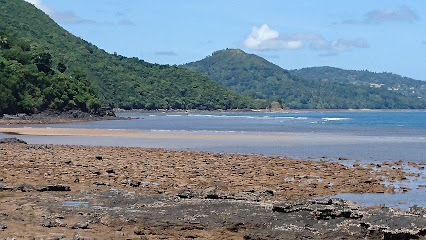
Plage de Poujou
Experience the pristine beauty and tranquility of Plage de Poujou, a hidden gem in Dzaoudzi, Mayotte, perfect for relaxation and exploration.

Unmissable attractions to see
Beach N'Gouja
Discover the tranquil beauty of Beach N'Gouja in Mayotte, a perfect blend of relaxation and adventure for every traveler.
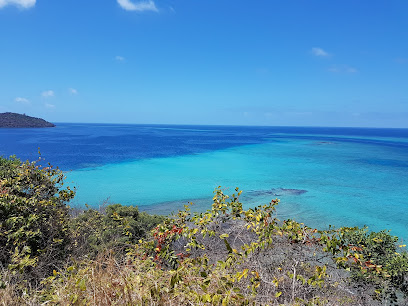
Cascade de Soulou
Discover the natural beauty of Cascade de Soulou, a breathtaking waterfall in Mayotte, perfect for relaxation and adventure amidst stunning landscapes.
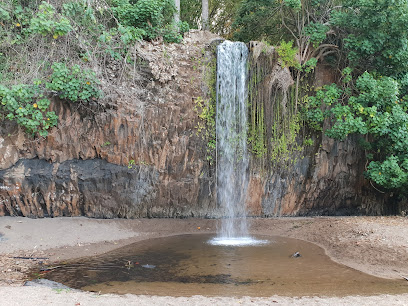
Moya
Explore Moya Nature Preserve, a stunning natural sanctuary in Mayotte, teeming with biodiversity and breathtaking landscapes for every nature lover.
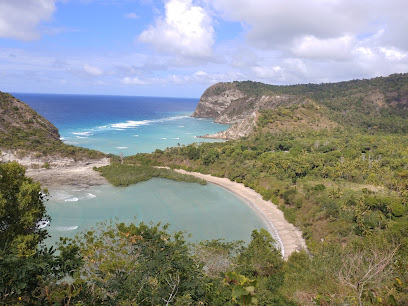
Tourist Office
Uncover the enchanting beauty of Mayotte at the Tourist Office in Mamoudzou, your gateway to a unique island experience.
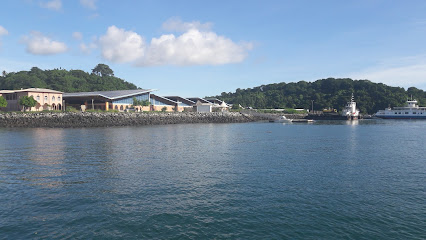
Plage de Moya 1
Explore the pristine shores of Plage de Moya 1 in Mayotte, where turquoise waters and sandy beaches create a perfect island retreat.
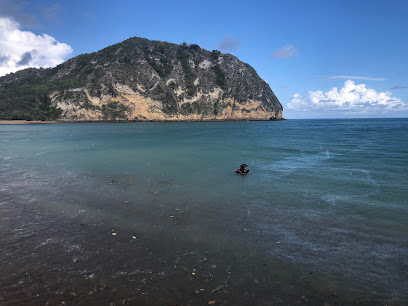
Plage de Sakouli
Experience the serene beauty of Plage de Sakouli in Mayotte, where golden sands meet turquoise waters for the perfect beach getaway.
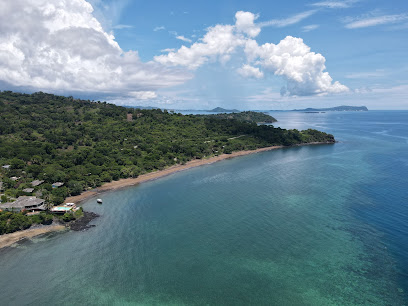
Éco-musée du sel
Explore the unique heritage of salt production at Éco-musée du sel in Bandrele, a window into Mayotte's cultural history.
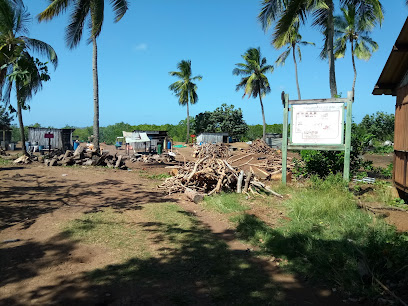
Le jardin d'imany
Explore the vibrant flora and tranquil landscapes of Le Jardin d'Imany, a tropical garden paradise in Combani, Mayotte.
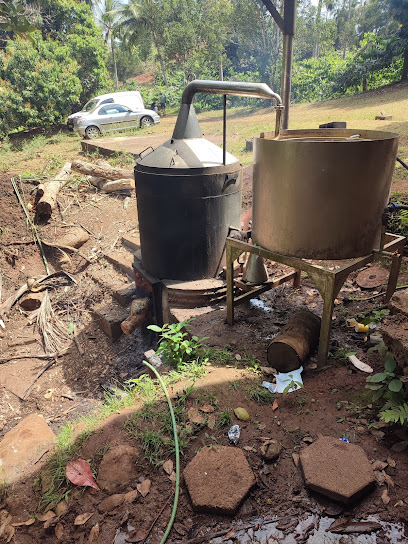
Plage de Moya 2
Experience the serene beauty and tranquility of Plage de Moya 2 in Mayotte, a perfect beach getaway for relaxation and stunning ocean views.
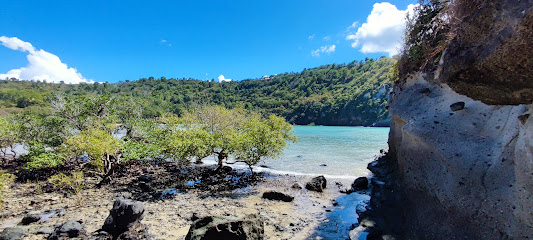
Vasière des Badamiers
Vasière des Badamiers: A tranquil escape into nature's beauty in Dzaoudzi, Mayotte, perfect for relaxation and wildlife observation.
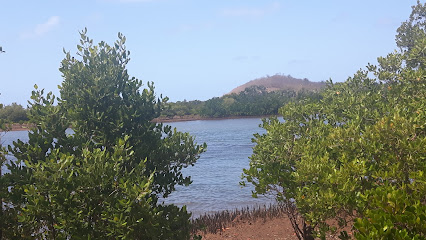
Mont Mathey
Discover Mont Mathey, Mayotte's hidden gem for breathtaking hikes, scenic views, and a rich tapestry of nature waiting to be explored.

chez ma chérie doudou
Experience the enchanting beauty and authentic culture at Chez Ma Chérie Doudou, a must-visit attraction in Boueni, Mayotte.

Point de vue
Explore Point de Vue in Mayotte, where stunning panoramic views and natural beauty create the perfect destination for travelers seeking tranquility.
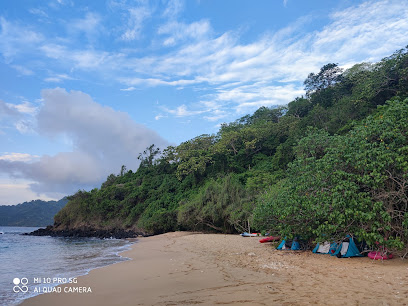
Chez Bilou
Experience the authentic culture and flavors of Mayotte at Chez Bilou, a must-visit tourist attraction in Dembéni, where community and cuisine come together.

HELILAGON
Explore the natural beauty and cultural richness of HELILAGON in Mayotte, a captivating tourist attraction for adventure seekers.
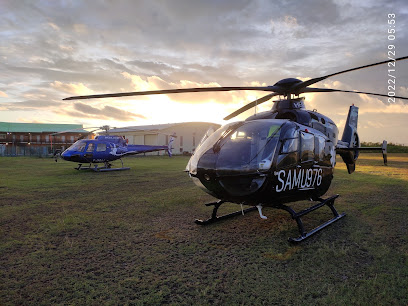
Essential places to dine
Le Faré
Experience exquisite Mahoran cuisine at Le Faré in Dzaoudzi, where local flavors meet culinary artistry amidst stunning island views.
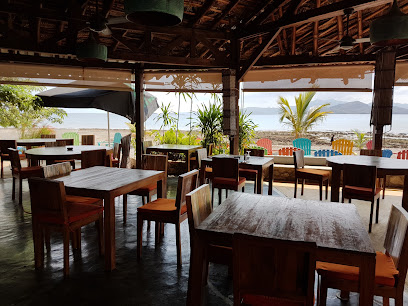
Le Moya
Experience authentic French cuisine at Le Moya in Mayotte – where culinary artistry meets warm hospitality.
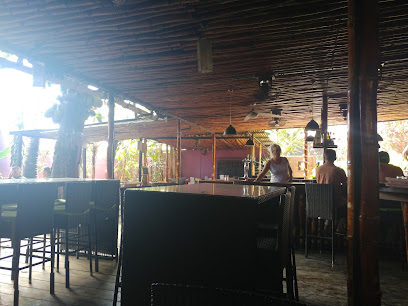
Le Tour du Monde
Experience a world of flavors at Le Tour du Monde in Dzaoudzi - from crepes to tapas, every bite tells a story.
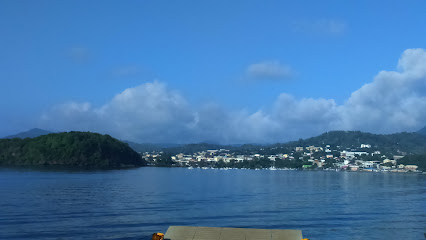
Le Moana
Discover authentic Mayotte cuisine at Le Moana – where local flavors meet warm hospitality in Mamoudzou.
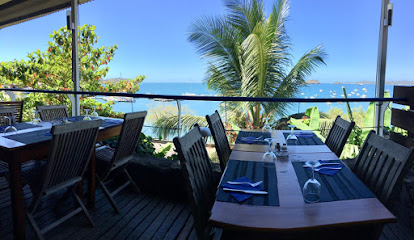
Auberge du Rond-point
Experience the rich flavors of Mayotte at Auberge du Rond-point, where local cuisine meets a welcoming atmosphere.
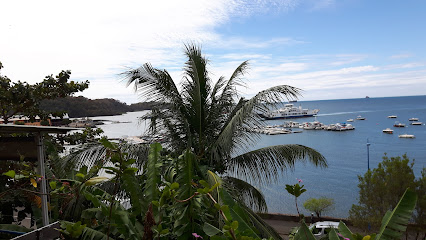
Le Mékong
Discover authentic Mahoran cuisine at Le Mékong in Pamandzi - where every dish tells a story of Mayotte's rich culinary heritage.
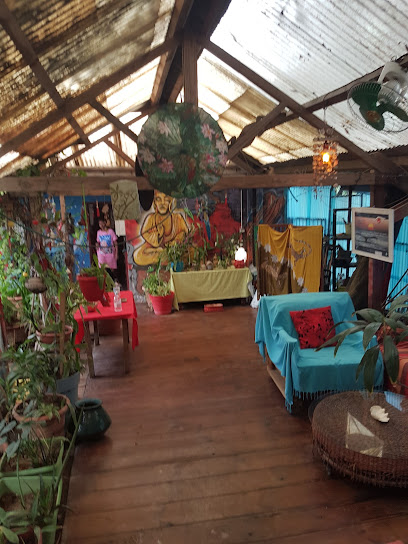
Lapouz Noz
Discover the exquisite flavors of Mayotte at Lapouz Noz, where fresh seafood meets warm hospitality in Dzaoudzi's vibrant culinary scene.
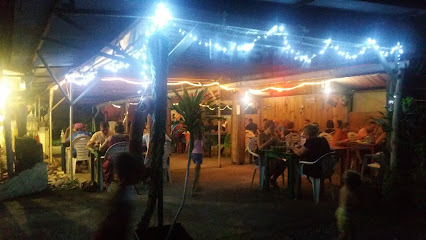
Le Sympa
Experience the vibrant flavors of Mayotte at Le Sympa - where culinary excellence meets breathtaking views.
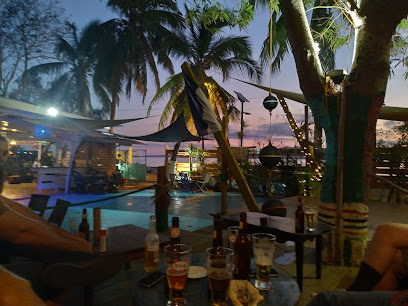
L'Auberge de l'Île
Discover culinary delights at L'Auberge de l'Île in Mayotte - where local flavors meet breathtaking island views.
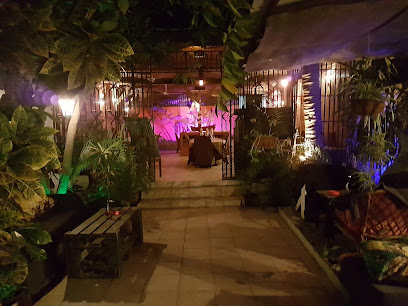
La Croisette
Experience the vibrant flavors of Mayotte at La Croisette - where every dish tells a story!
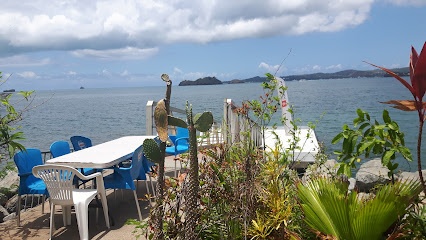
Mawa Snack
Discover Mawa Snack in Mayotte - A Barbecue Paradise Serving Authentic Local Flavors at Affordable Prices.
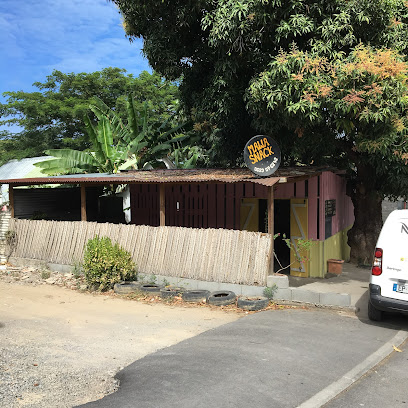
Mistiq
Experience authentic Mayotte cuisine at Mistiq, where fresh ingredients meet warm hospitality in Pamanzi.
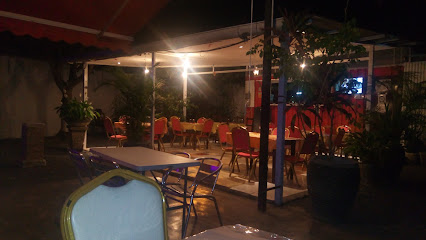
Le Maracana
Experience the vibrant flavors of Mayotte at Le Maracana - where culinary tradition meets warm hospitality.
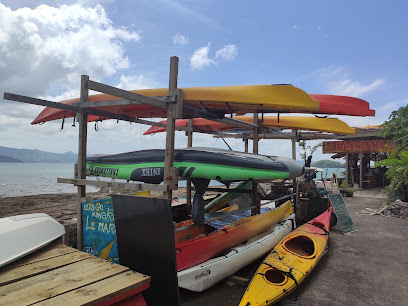
L'olivier Mayotte
Discover authentic Mayotte cuisine at L'Olivier - where fresh ingredients meet vibrant flavors in a cozy atmosphere.
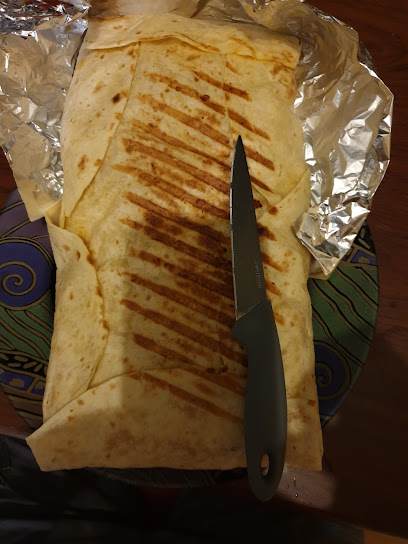
Restaurant Réunionnais Le Maloya
Experience authentic Réunionese cuisine at Restaurant Réunionnais Le Maloya in Mamoudzou, where island flavors meet warm hospitality.
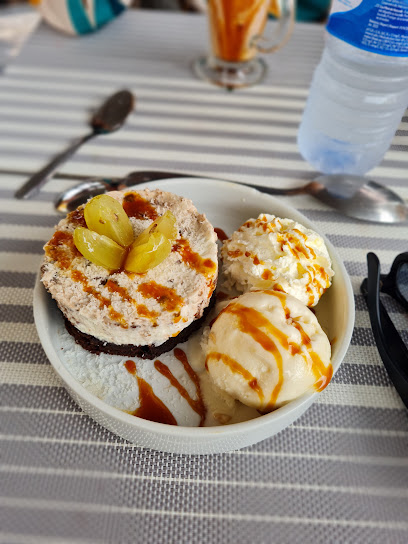
Markets, malls and hidden boutiques
Boutique Orange Kaweni - Mamoudzou - Mayotte
Discover Boutique Orange Kaweni in Mamoudzou, your essential stop for mobile connectivity and repair services while exploring the stunning island of Mayotte.
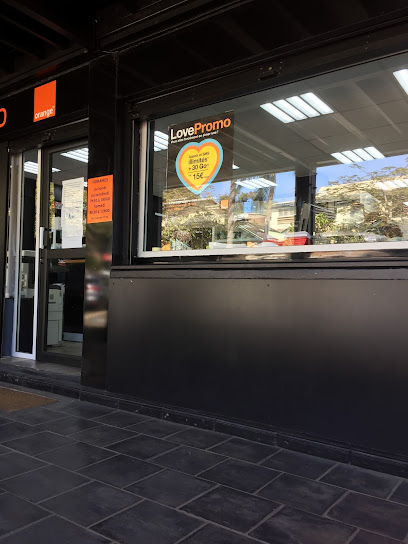
Choumi Créations
Explore the exquisite fashion and unique linens at Choumi Créations, a boutique showcasing the best of Mayotte's local craftsmanship and design.
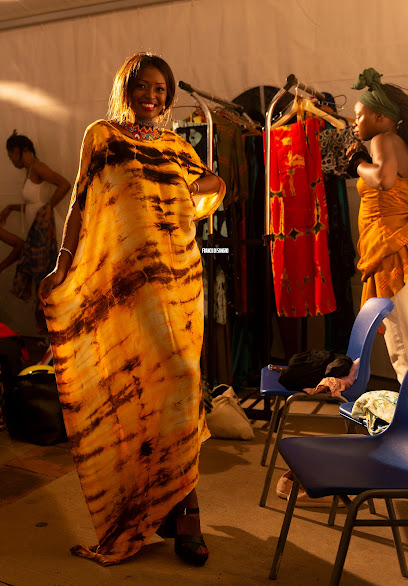
Rama
Discover the essence of Mayotte at Rama, a charming store in Dzaoudzi offering local crafts and essentials for every traveler.
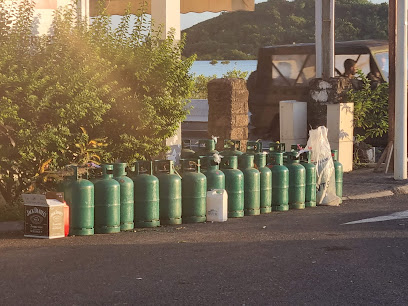
SAMANI Concept
Discover the charm of Mayotte at SAMANI Concept, where unique gifts and local craftsmanship come together in a delightful shopping experience.
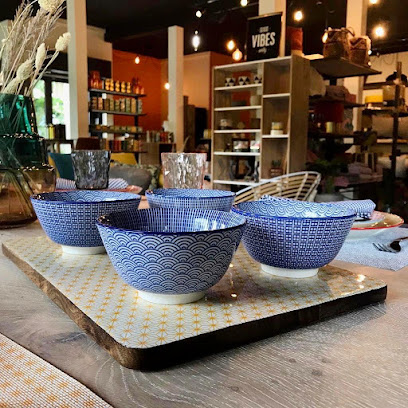
Maycig - Boutique EN LIGNE
Explore Maycig - Boutique EN LIGNE, the premier vaporizer store in Pamandzi, Mayotte, offering top-quality products and expert advice for enthusiasts.
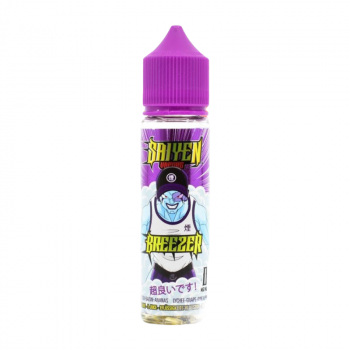
Maimoun Depot
Explore Maimoun Depot in Badamiers, Mayotte: your ultimate destination for hardware essentials and a taste of local culture.
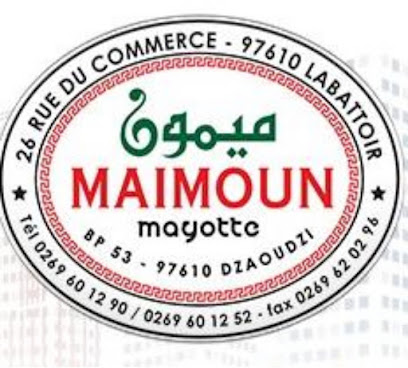
Super bazars Mayotte
Explore the vibrant fashion of Mayotte at Super Bazars, where local culture meets contemporary style in an unforgettable shopping experience.

Bal'ylang
Discover unique home goods and local craftsmanship at Bal'ylang in Pamandzi, a must-visit store for every traveler in Mayotte.

VIGILE SHOP
Explore the local flavors of Mayotte at Vigile Shop, your friendly neighborhood grocery store filled with island specialties.
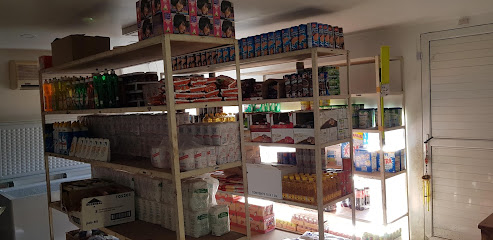
L'Élégance pour la Maison
Explore L'Élégance pour la Maison in Pamandzi for exquisite home goods that reflect the beauty and craftsmanship of Mayotte.
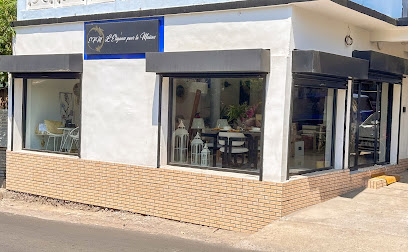
Liona Boutique
Explore Liona Boutique in Mamoudzou for a unique selection of women's clothing that showcases local culture and contemporary fashion.
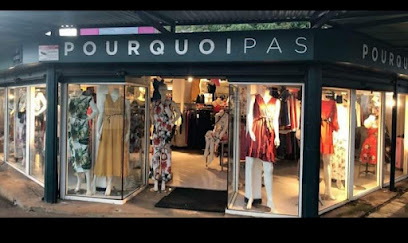
MAY'MARKET MAYOTTE
Explore MAY'MARKET Mayotte for unique gifts and custom printing services that capture the island's vibrant culture and charm.
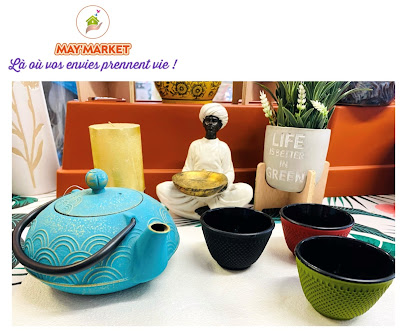
Boutique NALY
Discover the vibrant fashion of Mayotte at Boutique NALY, where local culture meets contemporary style in Mamoudzou.
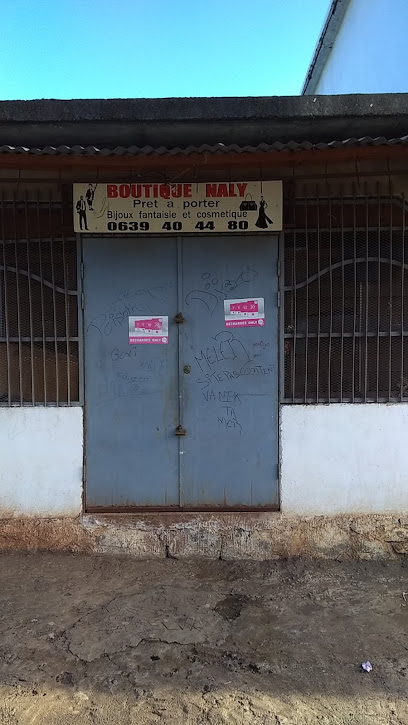
style S
Discover the latest fashion trends at Style S, a premier clothing store in Dzaoudzi, Mayotte, offering stylish selections perfect for every traveler.

Ma Galerie Shopping Outlet
Explore the vibrant fashion scene at Ma Galerie Shopping Outlet in Majicavo Lamir, Mayotte. A must-visit for every fashion enthusiast!
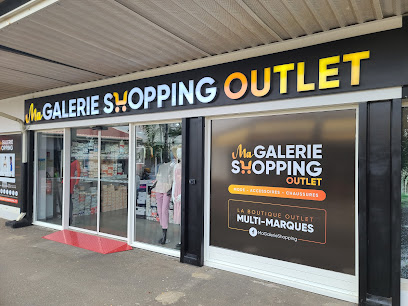
Essential bars & hidden hideouts
Le Camion Blanc
Discover the vibrant atmosphere of Le Camion Blanc in Mamoudzou, where local flavors and refreshing drinks meet island vibes.
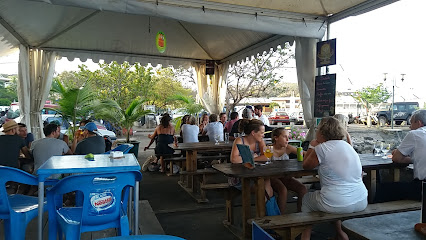
Barakili
Experience the vibrant nightlife at Barakili in Mamoudzou, where refreshing drinks and a lively atmosphere await you.
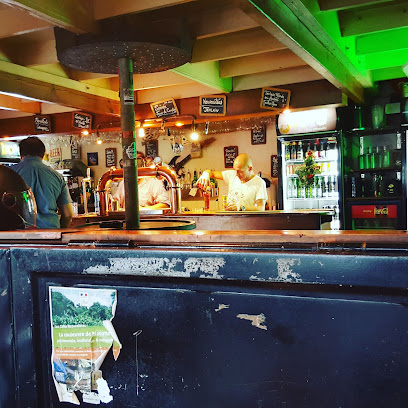
Le 5/5
Experience the vibrant atmosphere of Le 5/5 in Mamoudzou, where delicious pizza meets lively entertainment and refreshing cocktails.
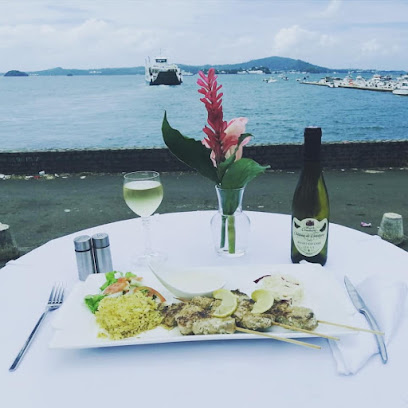
Le Tour du Monde
Experience the vibrant flavors of Mayotte at Le Tour du Monde, where culinary traditions meet modern dining in a charming atmosphere.
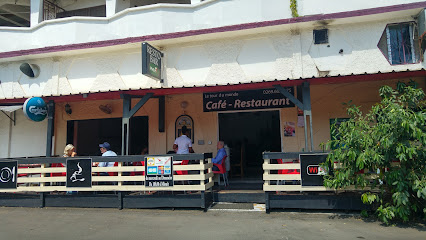
Le Sympa
Experience the vibrant flavors and stunning views at Le Sympa, the perfect bar and restaurant in Pamanzi, Mayotte.
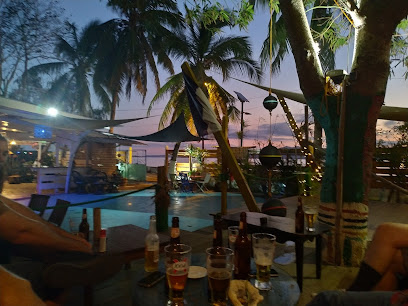
Le Voulé
Experience the fusion of local flavors and vibrant culture at Le Voulé, Mamoudzou's premier restaurant and live music venue.
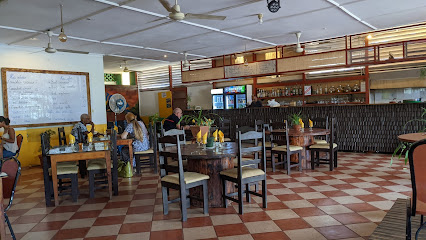
Le Camion Rouge
Discover the vibrant atmosphere and tasty drinks at Le Camion Rouge, a must-visit bar in Mamoudzou, Mayotte, for an unforgettable local experience.
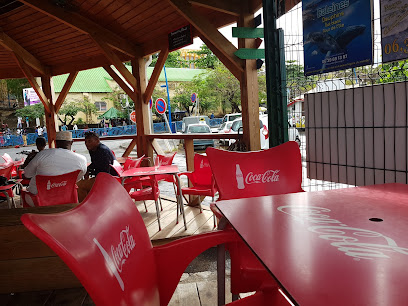
Le Mermoz
Discover Le Mermoz, a vibrant bar in Mamoudzou, Mayotte, where cocktails, tapas, and relaxation come together in a tropical paradise.
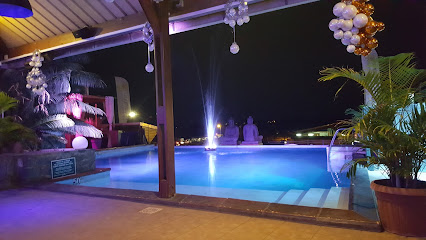
Tiki Lounge
Discover the vibrant flavors of Mayotte at Tiki Lounge, where tropical vibes meet authentic local cuisine in Mamoudzou.
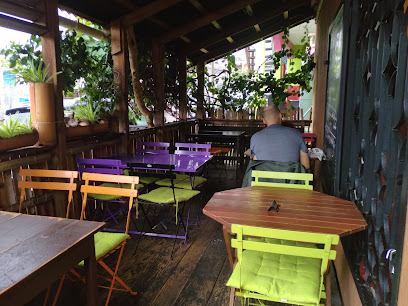
Le Loft
Discover the vibrant nightlife of Mayotte at Le Loft, where cocktails, music, and unforgettable experiences await.
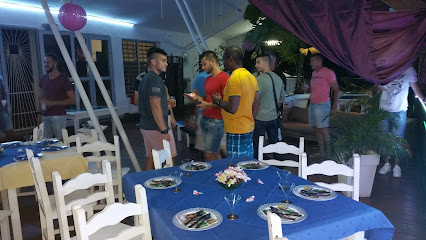
Café de Pamandzi
Discover the essence of Mayotte at Café de Pamandzi, a cozy bar offering delightful local flavors and a vibrant atmosphere in Pamanzi.
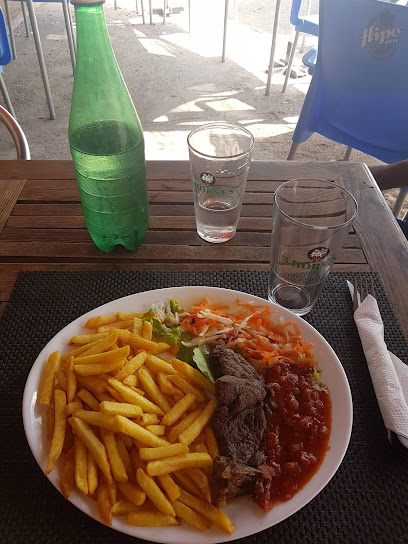
Knet
Discover Knet in Mamoudzou, Mayotte - a vibrant bar perfect for enjoying local drinks and mingling with friendly locals.

Le Bada Street
Experience the authentic taste of Mayotte at Le Bada Street, a premier barbecue restaurant offering delicious grilled dishes in a vibrant setting.
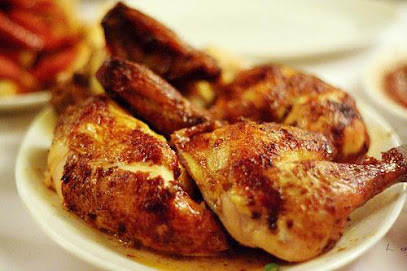
Tdz2
Discover the vibrant nightlife at Tdz2 Pub in Mamoudzou, a perfect spot for enjoying local drinks and lively atmosphere.
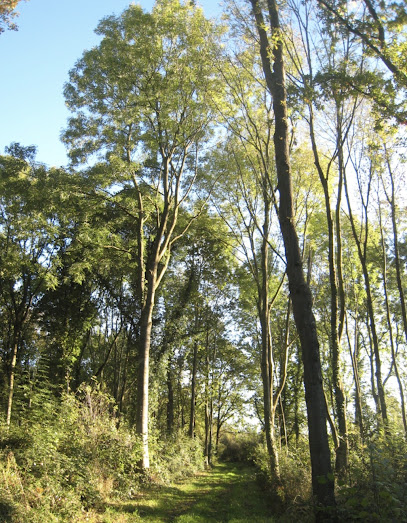
Chiconi
Experience the essence of Mayotte at Chiconi, a vibrant bar in Dembeni, where local flavors and lively atmosphere come together.
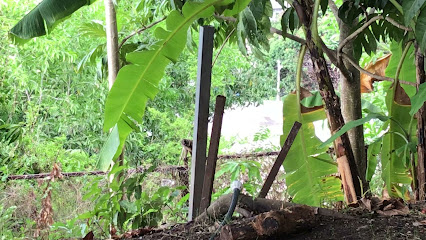
Local Phrases about Plage de Papani
-
- HelloSalama
[sah-lah-mah] - GoodbyeAurevoir
[oh-re-vwahr] - YesEh
[eh] - NoTsi
[tsee] - Please/You're welcomeTafadhali
[ta-fah-dah-lee] - Thank youAsante
[ah-sahn-teh] - Excuse me/SorrySamahani
[sah-mah-hah-nee] - How are you?Kijana?
[kee-jah-nah] - Fine. And you?Safi. Na wewe?
[sah-fee. nah weh-weh] - Do you speak English?Unajua kizungu?
[oo-nah-jwah kee-zoon-goo] - I don't understandSielewi
[see-leh-wee]
- HelloSalama
-
- I'd like to see the menu, pleaseNingependa kuona menyu, tafadhali
[nee-ngeh-pehn-dah kwoh-nah meh-nyoo, tah-fah-dah-lee] - I don't eat meatSili nyama
[see-lee nyah-mah] - Cheers!Maji
[mah-jee] - I would like to pay, pleaseNingependa kulipa, tafadhali
[nee-ngeh-pehn-dah koo-lee-pah, tah-fah-dah-lee]
- I'd like to see the menu, pleaseNingependa kuona menyu, tafadhali
-
- Help!Msaada!
[msah-ah-dah] - Go away!Nenda zako!
[nehn-dah zah-koh] - Call the Police!Piga polisi!
[pee-gah poh-lee-see] - Call a doctor!Piga daktari!
[pee-gah dahk-tah-ree] - I'm lostNimepotea
[nee-meh-poh-teh-ah] - I'm illNinaumwa
[nee-nah-oom-wah]
- Help!Msaada!
-
- I'd like to buy...Ningependa kununua...
[nee-ngeh-pehn-dah koo-noo-noo-ah] - I'm just lookingNinatazama tu
[nee-nah-tah-zah-mah too] - How much is it?Bei ni kiasi gani?
[beh-ee nee kee-ah-see gah-nee] - That's too expensiveHii ni ghali sana
[hee nee gah-lee sah-nah] - Can you lower the price?Unaweza kupunguza bei?
[oo-nah-weh-zah koo-poon-goo-zah beh-ee]
- I'd like to buy...Ningependa kununua...
-
- What time is it?Ni saa ngapi?
[nee sah-ah ngah-pee] - It's one o'clockNi saa moja
[nee sah-ah moh-jah] - Half past (10)Saa nusu (kumi)
[sah-ah noo-soo (koo-mee)] - MorningAsubuhi
[ah-soo-boo-hee] - AfternoonMchana
[m-chah-nah] - EveningJioni
[joh-nee] - YesterdayJana
[jah-nah] - TodayLeo
[leh-oh] - TomorrowKesho
[keh-shoh] - 1Moja
[moh-jah] - 2Mbili
[m-bee-lee] - 3Tatu
[tah-too] - 4Nne
[n-neh] - 5Tano
[tah-noh] - 6Sita
[see-tah] - 7Saba
[sah-bah] - 8Nane
[nah-neh] - 9Tisa
[tee-sah] - 10Kumi
[koo-mee]
- What time is it?Ni saa ngapi?
-
- Where's a/the...?Iko wapi...?
[ee-koh wah-pee] - What's the address?Anwani ni gani?
[ahn-wah-nee nee gah-nee] - Can you show me (on the map)?Unaweza kunionyesha (kwenye ramani)?
[oo-nah-weh-zah koo-nee-oh-nyeh-shah (kweh-neh rah-mah-nee)] - When's the next (bus)?Basi lijalo litakuwa lini?
[bah-see lee-jah-loh lee-tah-koo-wah lee-nee] - A ticket (to ....)Tiketi (kwenda ....)
[tee-keh-tee (kwehn-dah)]
- Where's a/the...?Iko wapi...?
History of Plage de Papani
-
Plage de Papani in Mayotte has been inhabited since ancient times. The early settlers, primarily from the African mainland, Madagascar, and Comoros, brought with them rich traditions and customs that are still reflected in the local culture today. These early communities relied heavily on fishing and farming, and their influence can be seen in the local cuisine and traditional fishing methods.
-
In the 19th century, Mayotte, including Plage de Papani, became a French colony. This period saw significant changes as French colonial administrators introduced new agricultural practices, infrastructure, and education systems. The influence of French culture is still evident in the architecture and language of the area.
-
Plage de Papani, like many coastal areas in Mayotte, was significantly affected by the Indian Ocean slave trade. Slaves were brought here from East Africa and Madagascar to work on plantations and in domestic settings. The remnants of this dark period can still be seen in the cultural makeup and historical records of the region.
-
Throughout the 20th century, Mayotte experienced a burgeoning independence movement. While neighboring Comoros gained independence from France in 1975, Mayotte chose to remain a French territory through a series of referenda. Plage de Papani was a focal point for many of the discussions and debates around these political changes.
-
In recent years, Plage de Papani has become a focal point for marine conservation efforts. The rich biodiversity and fragile ecosystems in the surrounding waters have prompted local and international organizations to implement conservation projects. These efforts aim to protect marine life and promote sustainable tourism.
-
Plage de Papani is known for its vibrant cultural festivals, which celebrate the island’s diverse heritage. Events such as the 'Mwaka Kogwa' festival, which marks the Shirazi New Year, feature traditional music, dance, and rituals. These festivals are a testament to the enduring cultural richness of the area.
Plage de Papani Essentials
-
Plage de Papani is located on the east coast of Mayotte, an overseas department of France in the Indian Ocean. The nearest airport is Dzaoudzi–Pamandzi International Airport (DZA), situated on the island of Petite-Terre. Upon arrival, you can take a taxi or a rental car to reach Plage de Papani, which is approximately a 30-minute drive from the airport. Ferries are also available to transport you between Petite-Terre and Grande-Terre if needed.
-
While taxis are readily available and are a convenient way to get around, car rentals offer more flexibility for exploring the island at your own pace. Public transportation in Mayotte largely consists of shared taxis known as 'bush taxis' or 'taxi-brousse,' which connect various parts of the island. Note that public buses are less frequent and may not adhere to a strict schedule.
-
The official currency in Mayotte is the Euro (EUR). Major credit cards are widely accepted in hotels, restaurants, and larger shops, but it's advisable to carry cash for smaller establishments and local markets. ATMs are available in Mamoudzou and other major towns, but it's wise to withdraw sufficient cash before heading to more remote areas.
-
Mayotte is generally safe for tourists, but it's advisable to take standard precautions. Avoid walking alone at night in secluded areas and keep an eye on your belongings in crowded places. There are no specific high-crime areas targeting tourists, but areas around Mamoudzou can occasionally experience petty theft. Always remain vigilant and aware of your surroundings.
-
In case of emergency, dial 112 for immediate assistance. The local police station and medical facilities are available in Mamoudzou. It's recommended to have travel insurance that covers medical emergencies. For minor health issues, pharmacies are available in major towns where you can purchase over-the-counter medications. For marine-related emergencies, contact the local coast guard.
-
Fashion: Do wear light, comfortable clothing suitable for tropical climates. Avoid overly revealing clothing, especially in rural areas. Religion: Do respect local customs and dress modestly when visiting mosques or religious sites. Public Transport: Do be courteous and patient when using 'bush taxis.' Don't expect strict adherence to schedules. Greetings: Do greet people with 'Bonjour' or 'Salam Alaikum.' A handshake is a common form of greeting. Eating & Drinking: Do try local dishes and accept food offerings graciously. Don't refuse hospitality, as it is considered impolite.
-
To experience Plage de Papani like a local, visit the local markets where you can buy fresh produce and traditional Mahoran goods. Engage with locals, as they are often friendly and willing to share stories about the island's culture and history. Don't miss visiting the marine reserve for snorkeling and diving opportunities to see the vibrant coral reefs. For a unique experience, try to attend a local festival or dance performance to immerse yourself in the local culture.
Nearby Cities to Plage de Papani
-
Things To Do in Koungou
-
Things To Do in Dembeni
-
Things To Do in Bandrele
-
Things To Do in Chiconi
-
Things To Do in Sada
-
Things To Do in Chirongui
-
Things To Do in Acoua
-
Things To Do in Domoni
-
Things To Do in Ouani
-
Things To Do in Iconi
-
Things To Do in Moroni
-
Things To Do in Nosy Be
-
Things To Do in Mahajanga
-
Things To Do in Majunga
-
Things To Do in Antsiranana




